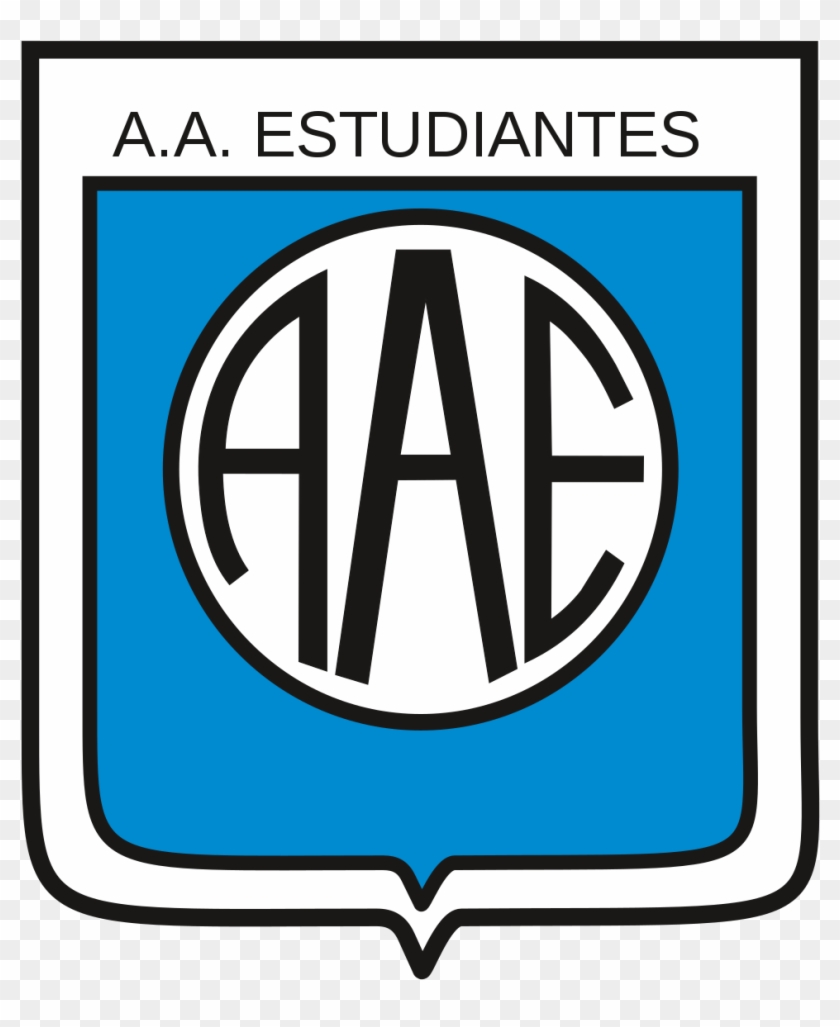The foundation and evolution of Estudiantes de Rio Cuarto FC over the decades encapsulate the broader narrative of Argentine football, reflecting both local passion and national sports culture. Established in 1907, the club started as an amateur entity, born from the strong communal ties in Río Cuarto. This historical backdrop is crucial for understanding the club’s identity and significance in the Argentine football landscape. The fervor surrounding Estudiantes de Rio Cuarto FC has continually inspired loyalty within its community, earning it a rightful place in the annals of local history.
The Early Years and Estudiantes de Rio Cuarto FC
In its formative years, Estudiantes de Rio Cuarto FC was more than just a football club; it was a closely knit community formed around the shared enthusiasm for the sport. Local families rooted for the team, allowing a burgeoning sports culture to flourish. The early participation in regional tournaments laid the groundwork, creating bonds that went beyond the football pitch nhà cái sin88.
This grassroots support fostered not just a competitive edge but also social unity. Through shared experiences of victory and defeat, the community rallied around the club. As one would expect in a tightly-knit environment, residents treated the club as a source of pride, helping it to embody the spirit of Río Cuarto. This legacy persists, as newer generations inherit the fandom and commitment to promote their local team.
Through the decades, as players came and went, the enduring connection between Estudiantes de Rio Cuarto FC and its supporters has remained the club’s lifeblood. The emotional investment from the community has not only enriched the character of the club but has also solidified its standing within the broader Argentine football framework, forging an indelible mark on provincial sports history.
The Challenges of Modernization
The historical significance of Estudiantes de Rio Cuarto FC must also address the pressures of modernization. While maintaining its roots, the club has had to adapt to new challenges—both in football management and the financial landscape. Argentine football has become increasingly professionalized and commercialized, which can pose a potential threat to locally-focused clubs. Overcoming these obstacles has required strategic planning and visionary leadership.
One of the most pressing challenges has been funding. Ensuring a sustainable financial model is essential for Estudiantes de Rio Cuarto FC to compete on a higher level. Expanding sponsorship opportunities, enhancing merchandise sales, and fostering community engagement through events are current strategies employed to maintain and bolster the financial health of the club. These challenges call for innovative thinking, pushing the management to create a holistic approach that integrates fan involvement and external funding.
The evolution into a more professional entity does not diminish the significance of community ties but rather enriches the narrative of Estudiantes de Rio Cuarto FC. Professionalism should coexist with the essence of local spirit—they are not mutually exclusive. Instead, adapting to modern demands while holding on to historical identity should be at the forefront of the club’s future endeavors.
